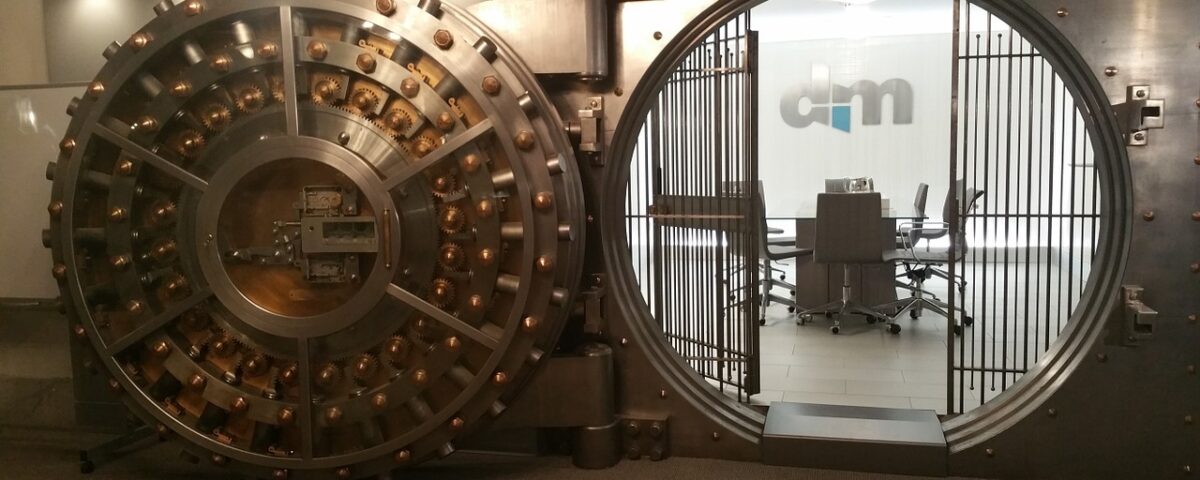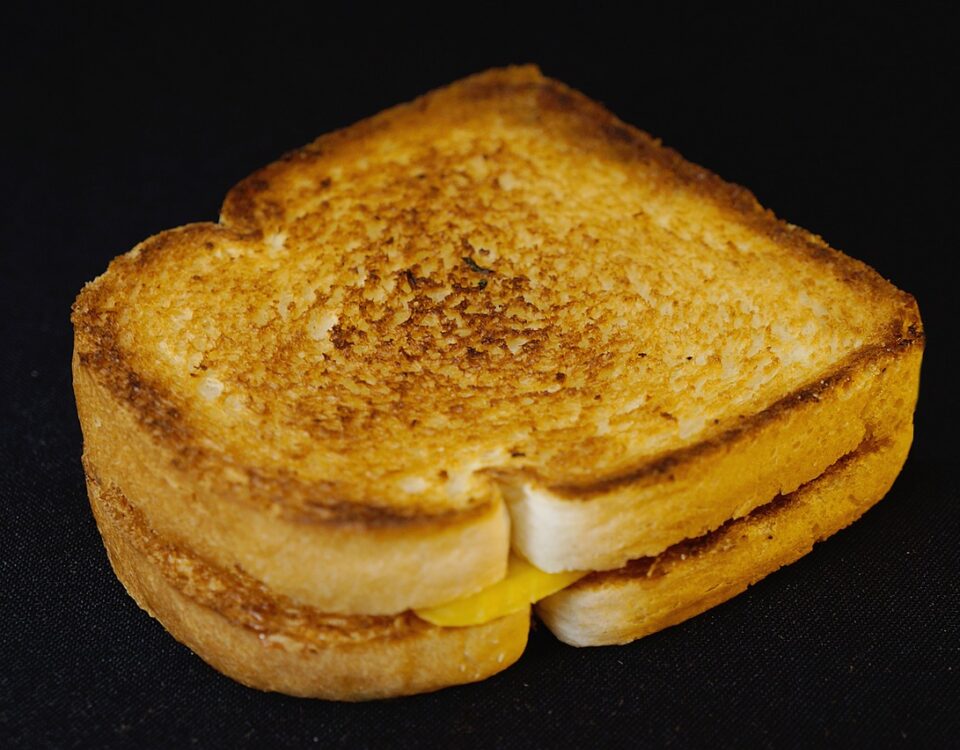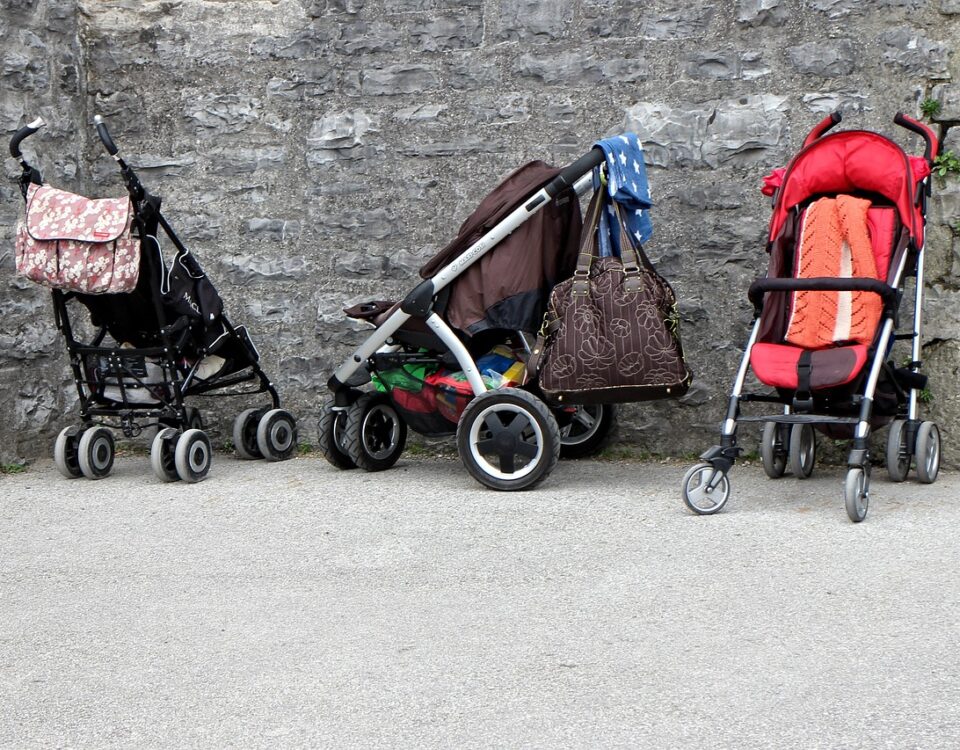
The Top Ten Ways To Sound Like An Economist
January 1, 2024
How the Taco Tuesday Fight Ended
January 3, 2024Having made our New Year’s resolutions, we can ask a behavior economist how to keep them.
New Year’s Resolutions
To begin, we can see how our resolutions have changed since last year:
Very different from eating healthier and exercising more, saving more money requires a different behavioral response. As we saw in our 2023 resolutions post, temptation bundling and piggybacking can improve our health.
With money, though, it is different.
Saving More
Many of us don’t set aside a part of our “paycheck” because it’s too complicated to read through the alternatives. In addition, liking “smaller sooner,” we would rather have the money now. And furthermore, we feel a painful loss (rather than the joy of future gain) from not having the money now.
However, according to Nobel laureate Richard Thaler and his co-author Cass Sunstein, all we need is the right kind of nudge. We need the default. At work, just have automatic enrollment. Instead of opt-in, we need opt-out.
As always, even a default is not as simple as it sounds. In Nudge (p.201), the authors describe five different kinds:
A. Participants are given no choice; the default fund is the only fund offered.
B. A default is picked, but its selection is discouraged.
C. A default is picked, and its selection is encouraged.
D. A default is picked, and its selection is neither encouraged not discouraged.
E. Required choosing. There is no default option; participants must make an active choice or they forfeit their contribution.
Our Bottom Line: The Fresh Start Effect
We can enjoy the fresh start effect on January 1 of every year. As a device that lets us divide our life into slots, we wind up with a “flawed before” (that was 2023) and a “more perfect future” during 2024. Then, using commitment devices, we can plan our New Year’s resolutions. Defined as a tactic that helps us achieve our new goal, commitment devices create incentives.
However, as economists, we know about the unintended consequences of our own commitment devices. To save more, we just need the default nudges that our jobs and our governments create.
My sources and more: All of Nudge’s chapters on money are the perfect economics complement to the Statista surveys. But, if you want to continue, Penn Professor Katy Milkman’s Choiceology podcast is always interesting and a good source of behavioral economics–like the “fresh start effect.” You might also read her paper on the “fresh start effect” and this The Washington Post article.
Today’s post was an updated version from past years. I hope you enjoyed it.
![econlifelogotrademarkedwebsitelogo[1]](/wp-content/uploads/2024/05/econlifelogotrademarkedwebsitelogo1.png#100878)





